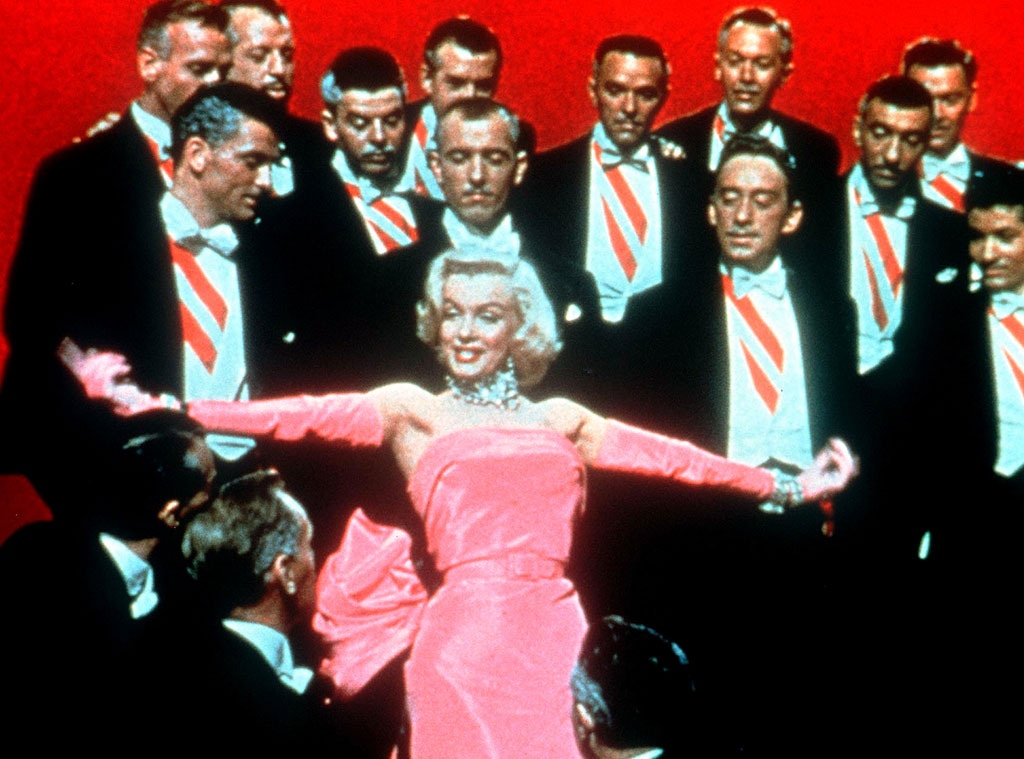 Twentieth Century Fox
Twentieth Century FoxIt's 2012. We've seen enough to know how stories like Marilyn Monroe's end.
Even a half-century ago—Monroe was found dead 50 years ago this Sunday—they knew.
"I can't say I'm surprised," Mad Men's Don Draper says flatly in the elevator in "Six Month Leave."
And while Draper is a fictional character, his refusal to feign shock is grounded in something real.
"Somehow the pieces seemed to fit into place," the longtime Hollywood correspondent Bob Thomas wrote for the Associated Press just days after Monroe's death. "It looked inevitable in retrospect that her 36-year-old life would end so tragically."
It always looks inevitable—in retrospect. That much hasn't changed. The tragedy is in what has.
Fifty years ago, there were no Drew Barrymores and Robert Downey Jr.s showing Hollywood possible paths out of addiction. There was no Brooke Shields talking openly about depression.
Fifty years ago, not long removed from the all-powerful, PR-controlling studio machine, there was only silence from stars on their demons. There were only demises by overdose and suicide that looked inevitable—in retrospect.
Consider the case of Monroe.
Two months before her death, amid complaints of spotty work attendance, the actress was fired mid-shoot from her latest and last movie set.
Coming out of this, the public discussion was dominated not by talk of what was up with Monroe, but what was wrong with the modern-day overpaid, overprivileged actor.
Don Draper, his worldview informed by writers possessed of hindsight, may have not been surprised by Monroe's subsequent death from too many sleeping pills, but for the rest of 1962, the picture only became clear after the fact—in retrospect.
It's no sure thing Monroe would have lived longer had dialogues about recovery and treatment existed, or if outlets like the "Violent Torpedo of Truth" tour had given her a place to vent en route to her next big-money deal.
Outside of the conspiracy theories that now inevitably work their way into all big stories, including Monroe's, there is no sure thing. That much hasn't changed. And that is its own tragedy.
Maybe we're wiser about how these stories ends. Maybe we probe more. Maybe we probe too much.
But knowing an Anna Nicole Smith or a Whitney Houston is troubled is the not same as saving someone, or, indeed, of the troubled person saving herself.
We've all been on that elevator ride up, the one with the discussion of the day's sad news, the one that ends with, "I can't say I'm surprised."
So much has changed in the 50 years since Monroe's death. So little, too.